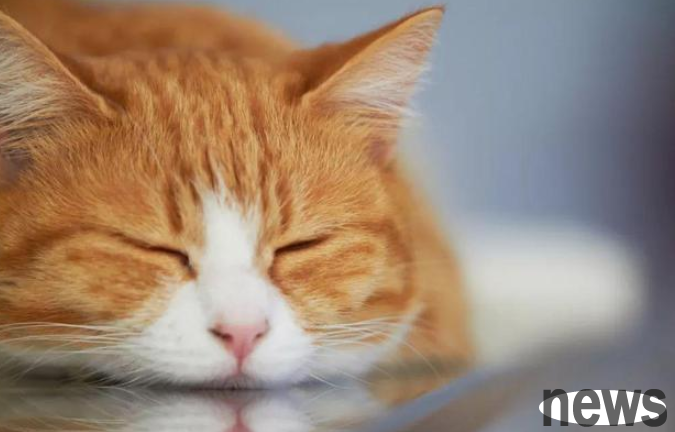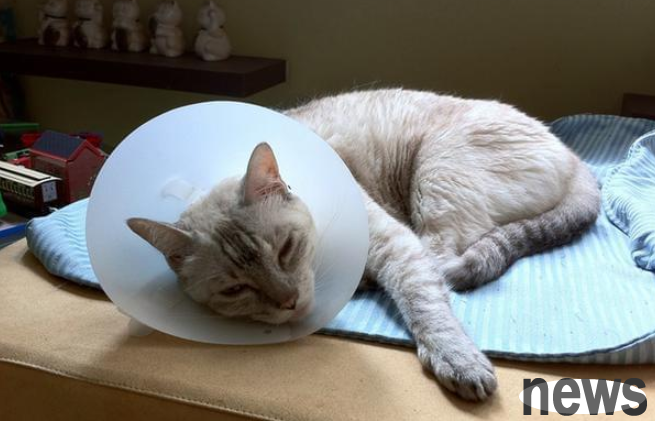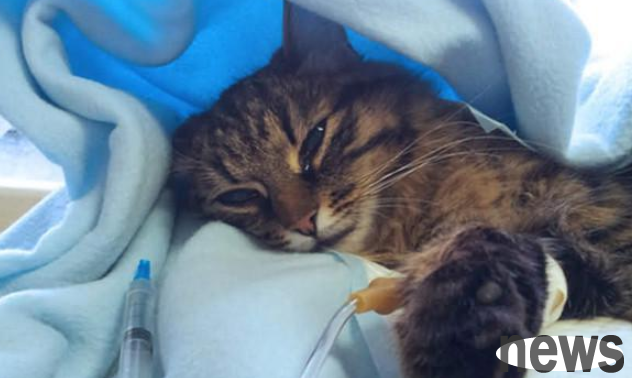FIP, feline infectious peritonitis, is a chronic progressive infectious disease of cats caused by feline infectious peritonitis virus (FIPV). It is characterized by peritonitis, accumulation of large amounts of ascites, and a high fatality rate.
Questions that poop scrapers are concerned about: What can I do for my cat when facing FIP?
My 9 month old kitten was just diagnosed with wet FIP and my vet has not offered any treatment plan. Can you walk me through the latest research and what medical plans we can give him.

We adopted a family with four brothers, and this kitten Tom was very special to us because he reminded us of our cat of ten years who passed away from cancer last year. It has been the light in our lives. We're eager for any helpful help you can get!
Thank you for taking the time to help save our baby cat, Tom.
The pet doctor blogger replied:
Dear poop scrapers,
You must be kind people - adopt four kittens! It's always shocking to learn that your kitten is sick, especially when the disease is FIP.

FIP is the acronym for Feline Infectious Peritonitis. This is a syndrome caused by mutations in common feline coronaviruses. Most cats become infected with this virus but never become seriously ill from it. However, if the virus mutates in your cat and becomes virulent, it can cause all kinds of problems.
Researchers believe that FIP is an immune-mediated disease, meaning symptoms are caused more by the cat's response to the mutated virus rather than the virus itself.
There is currently no known specific treatment that can cure FIP. Although spontaneous remission occasionally occurs, the prognosis for long-term survival is poor. Treatment includes supportive and palliative care, which may include:
Prednisone is a corticosteroid that suppresses the overactive immune response that causes symptoms. It can improve quality of life and slow the clinical progression of the disease over a period of time.
Interferon is another drug thought to have antiviral activity against feline coronaviruses. Veterinarians have used it for years to treat cats with FIP. However, clinical studies have failed to show a positive effect on survival time in cats treated with interferon drugs.
Polyprenyl-based immunostimulant (PI) is a drug under investigation but not yet commercialized. In a study of three cats with the dry form of FIP, two cats were still alive two years after the study. The third cat survived 14 months after 4.5 months of treatment. The wet form of FIP does not appear to respond to PI treatment. Cats with documented dry FIP may participate in ongoing clinical studies.

Other drugs being investigated that may offer hope in the future include antiviral protease inhibitors and nucleoside analogs. There is promising research showing that treated cats can survive FIP. Unfortunately, these drugs are not yet available and studies have ended.
Cats with FIP are immunocompromised, so it is important to aggressively treat any concurrent illnesses.
Avoid stress. Some of the most stressful events for cats include changes in the household, including the introduction of new pets and people, boarding, grooming, and even visits to the vet.
Not all of these can be avoided, but always consider your cat's health before making decisions that may cause stress for your cat!